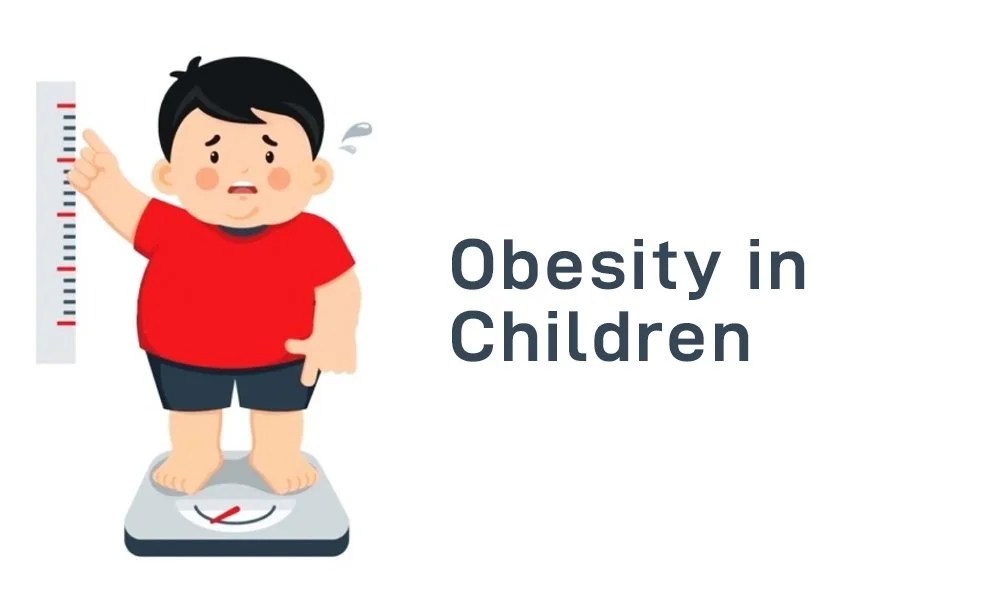In recent years, the issue of childhood obesity has escalated to alarming levels, prompting serious concern among health professionals and child protection agencies. Statistics reveal that up to 74 morbidly obese children have been taken into care over the last five years, raising significant questions about the welfare of our youth. The data, derived from Freedom of Information requests, indicates that a staggering 183 children aged under 12 were found to weigh more than 16 stone, showcasing the serious nature of this epidemic.
As communities grapple with this crisis, we must consider the implications of such extreme obesity on the health and well-being of these children. Out of 206 local authorities in Scotland, England, and Wales, a concerning number reported that between 26 to 46 morbidly obese children were taken into care, suggesting a nationwide issue that requires urgent attention.
The Department for Education has emphasized that this is not just a matter of a few extra pounds; it is about protecting children facing life-threatening health issues. Experts like Tam Fry from the National Obesity Forum describe this as “child neglect and abuse,” highlighting the distressing reality that these children are often abandoned in their most vulnerable state.
- Up to 74 morbidly obese children taken into care in the last five years.
- 183 under-12s reported weighing over 16 stone.
- 128 local authorities reported significant numbers of morbidly obese children in care.
- Concerns raised about the adequacy of trained healthcare professionals.
In this article, we will delve deeper into the factors contributing to childhood obesity, the societal implications, and the actions being taken to address this growing concern.




